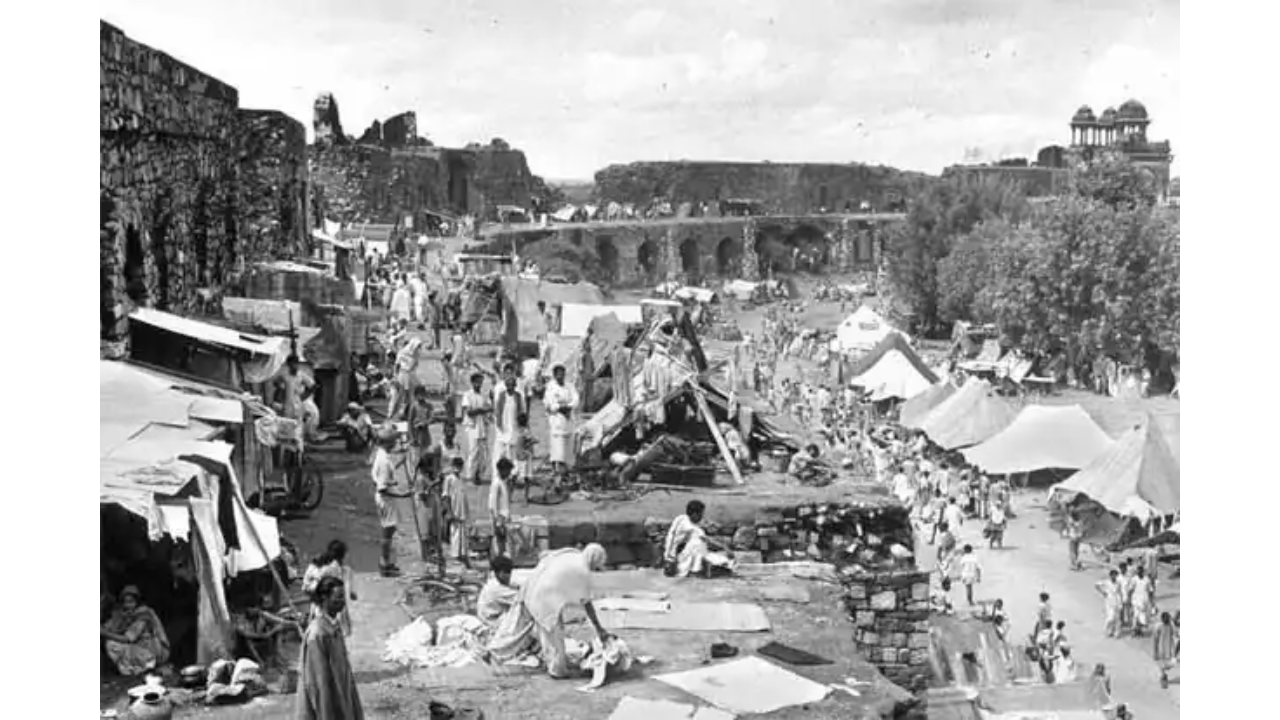The Ministry of Housing and Urban Affairs has not been able to find a solution to advance the outcome of the 99-year lease and make them freehold owners.
Even after 75 years of Independence, thousands of refugee families from Pakistan who were given government residential properties in Delhi and several other cities are not the real owners of their homes. Their properties’ 99-year-long lease, issued in the name of the President, makes them just lessees and not freehold property owners. Despite repeated requests from aging owners of such properties over the years, the Ministry of Housing and Urban Affairs (MoHUA) has not been able to find a solution through the bureaucratic quagmire to advance the outcome of the 99-year lease and make them freehold owners of their properties in current times rather than making them wait for another 25 years.
What will be the procedure or formality that will be followed on culmination of the 99-year lease is also not very clear in the minds of the of ficials of the ministry. There appears to be no laid down policy on what will happen to the leases of refugee properties at the end of their 99-year lease. Hari Lala, a refugee rehabilitated in Malviya Nagar in 1952, said, “Whatever will be done with our homes’ lease at the end of 99 years should be done now. Is the government planning to extend the lease by another 99 years, I am not sure. So why continue this paperwork for another 25 years?”
Despite frequent demands from RWAs of Delhi’s refugee colonies, where families uprooted from Pakistan and temporarily camped in Purana Qila between 1948-53 were rehabilitated by the L&DO department, the Central government has not come out with a policy for hassle-free and low cost relief, he said. He also referred to earlier remarks of building bylaw expert and former BJP MP V.K. Malhotra that the government can issue an executive order for online, hasslefree leasehold to freehold conversion so that owners pay a conversion fee online and instantly collect their freehold certificate which mentions that the process will be “subject to verification and prevailing municipal building bylaws”.
A top official in MoHUA, when asked if there was a possibility of early closure of leases and handing over of freehold ownership to such refugee families, said, “It remains to be seen whose name the lease is in. It may not be simple.” Officials in MoHUA indicated that any proposal on a people-friendly decision to convert all leasehold residential properties to freehold could now be considered or drafted only after the parliamentary elections. Since Pakistan-refugee families make up a large chunk of voters in Punjabi colonies in Delhi, politicians have started supporting the demand raised by RWAs for conversion of all leasehold residential properties to freehold with an executive order and payment of nominal fee.
AAP candidate from New Delhi constituency, Somnath Bharti has supported the elderly property owners’ demand. “It makes no sense to make old leasehold property owners run around for what is rightfully theirs.” “We back the demand of refugee families for en masse conversion of leasehold properties to freehold properties and will work in this direction on winning the election,” said Bharti, who currently is an MLA from Malviya Nagar Assembly constituency.
Some of the refugee colonies in Delhi include Lajpat Nagar, Malviya Nagar, Tilak Nagar, Subhash Nagar, Moti Nagar, Ramesh Nagar, Rajender Nagar, Kalkaji, Jangpura, Dayanand Colony, Malkaganj, Mukherjee Nagar, Maurice Nagar and Patel Nagar, among others. By rough estimates such refugee properties in Delhi may number between 65,000 to 1.5 lakh.
People like Bhagwan Das, a leasehold property owner who died aged 84, kept waiting for decades for the muchtalked about administrative reform or “ease of living” initiative that would have given him the joy of owning his property as a freehold owner. The biggest challenge or disadvantage of living in a leasehold residential property is the inability of the lessee to bequeath different floors in a building built on a plot to her or his legal heirs.
For this, a cumbersome file work needs to be done, on-site inspections need to be conducted by the ministry officials and official fee and overheads need to be paid running into thousands of rupees. Also, it is easier to raise loans against freehold properties as against leasehold properties. A third generation refugee from Lajpat Nagar said, “Senior functionaries in the MoHUA may not want to accept this but there is institutionalised corruption in the L&DO department. What should cost around Rs 1 lakh per property as conversion charge ends up around Rs 6 lakh per property.”
“Such is the nexus between agents and clerks in L&DO that only the builders and deep-pocketed people can get their properties converted from lease to freehold, with minimal demolition, overhead charges or collateral damage to the building,” he said. Kamal Kumar, a resident of Kalkaji, said, “The biggest scope for corruption in the conversion process is linked to the unauthorised constructions that property owners have carried out over the years to meet the needs of their expanding families.”
“Even though the MCD is okay with these deviations from the building plan and is not keen to pull down these illegal extensions, the L&DO babus want to follow the book and pull down all such deviations before conversion from leasehold to freehold property. So, one who pays a bigger bribe sees a minimal portion of her or his house demolished during leasehold to freehold process,” he said.
“On the one hand, the government is giving ownership rights to entire residential buildings which are completely illegal in 1,700 unauthorised colonies, on the other, partial unauthorised constructions in houses of refugee families are being razed for the conversion process. Why can’t the same rule of letting unauthorised portions stand subject to prevailing MCD laws, be applied alike in both refugee colonies and the unauthorised colonies?” he asked.

